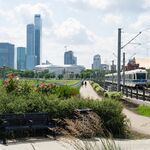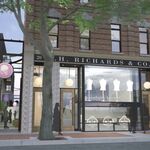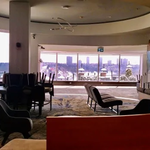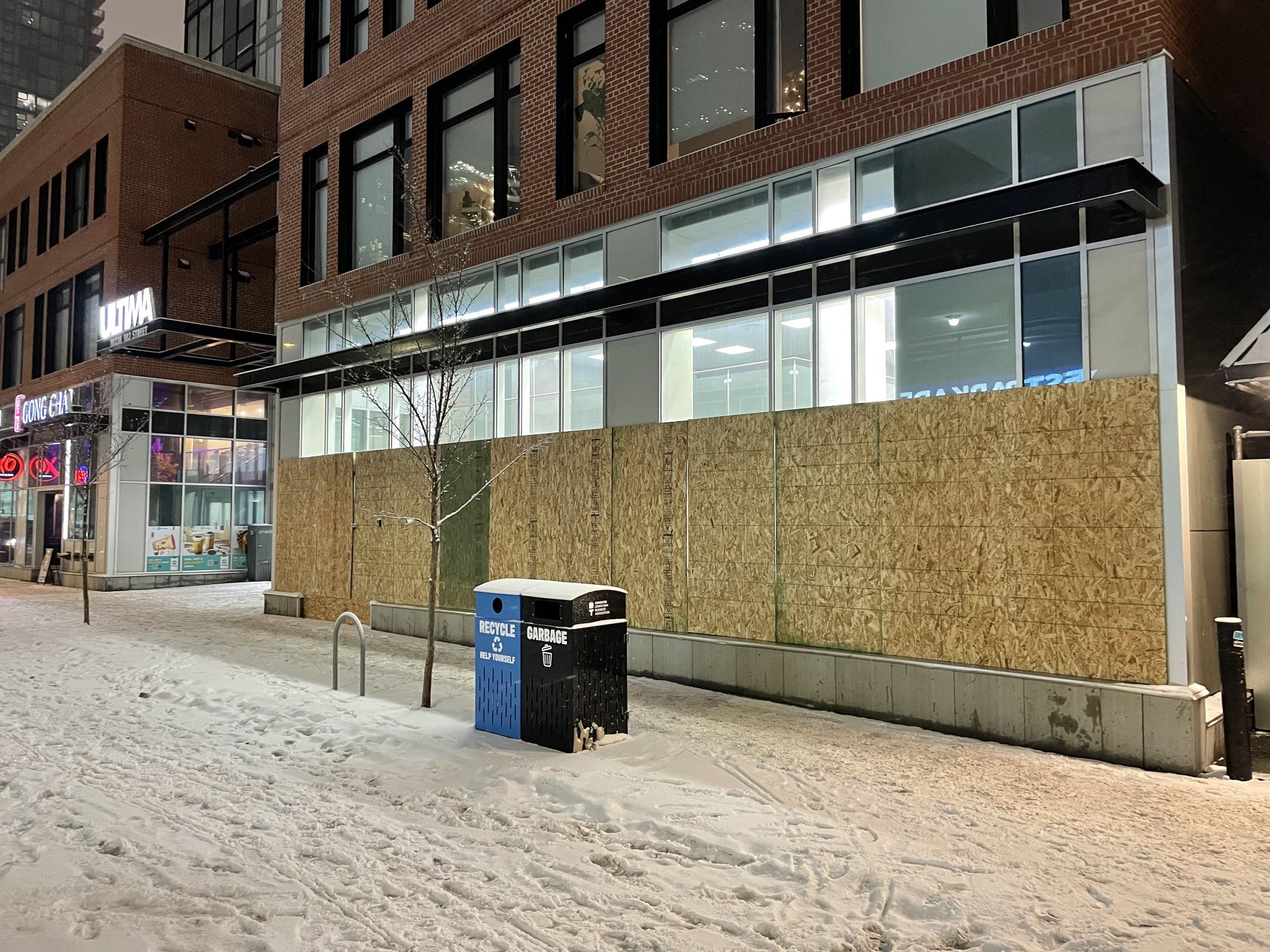Ok, sure - the Oilers are losing right now anyway.
When Mayor Sohi asked city administration during budget talks if the city can meet its climate goals without building out the bike plan, the answer was no. It is essential and it needs to happen asap, he was told. So will building a complete bike network help with that, according to data/research the city has? Yes!
Research cited by former chief planner of Vancouver Brent Toderian and by many other urbanists and engineers like former NYC chief transportation planner Sam Schwartz in his book, Street Smart, highlight that the most important factor in creating a viable, active alternative to driving is a well connected, efficient bike network that is protected. That is what research shows (it also saves lives) and it is the most important metric above others including weather and hills in terms of utilization of that network.
Dr. Karen Lee, UofA school of public health and former health advisor in NYC, outlines in her book Fit Cities that how cities are designed has a measurable impact on the health of the population. It there are viable, active alternatives to driving, especially for the millions of car trips in Edmonton per month that are 1-5km in distance, people can more easily accumulate the 30 minutes of moderate intensity activity required 5 days a week to reduce risks for costly chronic health conditions like diabetes and heart disease. In doing do, that helps remove some car trips and therefore helps reduces GHG emissions.
@kcantor do you think that bridge will have the same impact as a more complete bike network based on those three reasons I noted: reducing some car traffic, meeting city climate targets and increasing public health?
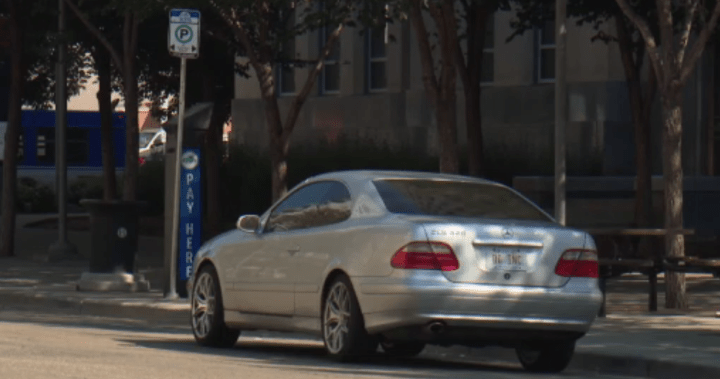
 globalnews.ca
globalnews.ca

